Chen Xiaojun, Dean Emeritus of Institute of Land Legal System Studies, Guangdong University of Foreign Studies and Vice Dean of China Law Society Civil Law Association, was invited to the 288th Ri Xin Forum and delivered a lecture on the topic of “On the Legislation of Usufructuary Right System in Chinese Civil Code” on 12 September. Professor Cai Lidong, Vice President of Jilin University, , Professor Fang Shaokun, Professor Cao Xianfeng, deputy Dean of Jilin University School of Law, Professor Li Guoqiang and Dr. Wang Lidong attended. The lecture was presided over by Professor Cao Xianfeng.
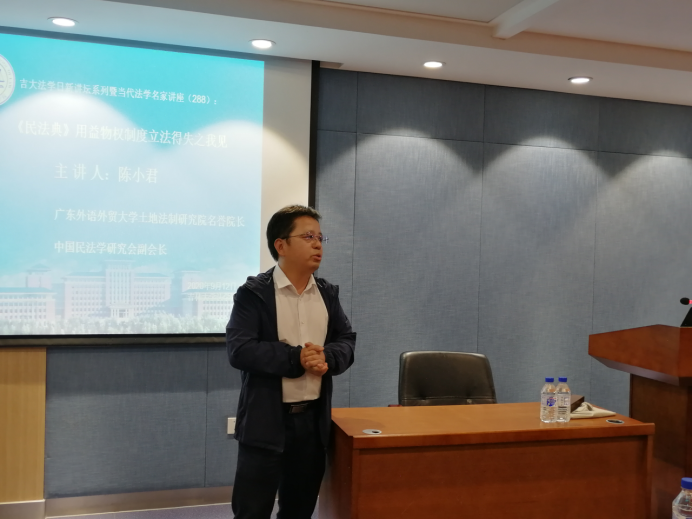
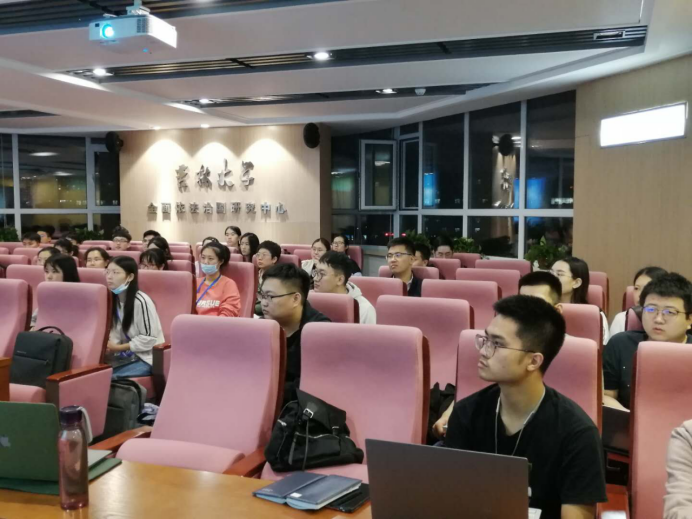
Professor Chen Xiaojun gave a detailed explanation on the usufructuary right in Civil Code. In the first part of the lecture, Professor Chen clarified the characteristics of legislative objectives by analyzing provisions, and pointed out the defects and deficiencies of legislation. The revision of property law in Civil Code reflects the adherence to the statutory principle of real right, and many clauses directly inherit and repeat the existing provisions of current property law. However, there is no specific regulation on the rules of chattel usufructuary right, which also leads to the difficult connection between chattel usufructuary right system with other systems. Secondly, the frequent use of reference clauses increases the ambiguity of legal consequences. Furthermore, some referral clauses directly lead to judicial interpretation. AS a result, legislation can not cover judicial interpretations. Finally, the introduction of the new system has not solved the problems which need to be solved urgently in social life. The Civil Code includes a large number of clauses to stipulate the right of residence, but there are few disputes caused by the right of residence in practice. On the contrary, the problems such as the right to use homesteads have not been solved in the legislation.
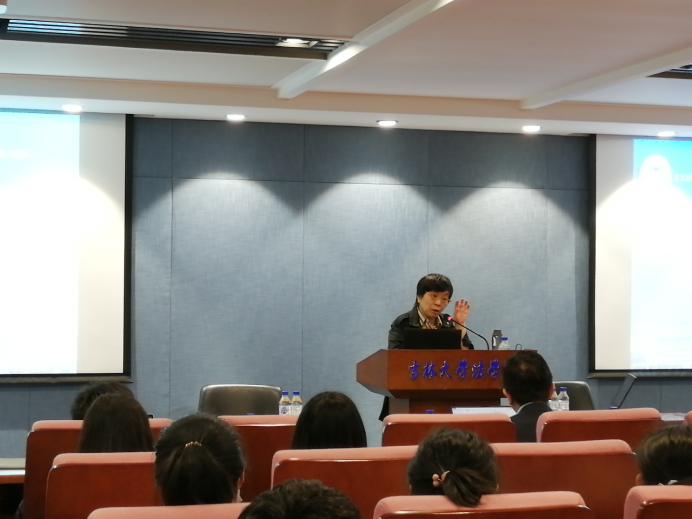
The second part introduces the new provisions of the right of residence. Based on the legislative purpose of residence protection through multiple means, the right of residence was added. The right of residence is part of the usufructuary right, which is established by contract and separated from ownership. It is non-profit, not able to be inherited, transferred, and not allowed to lease in principle, etc. The pros of residence right system include protection of the interests of vulnerable groups, and it may be applied in a wide range of fields, such as housing of aged people and establishing residence right when divorcing. The cons are the impact on real estate transactions, such as increasing transaction costs and obligations of property buyers. In the last part, Professor Chen took the right to use collective construction land as an example to explain the problems brought about by the reference clause in the Civil Code. Professor Chen holds the idea that the reference clause gives too much consideration on public law, which weakens the function and the independent spirit of civil law.
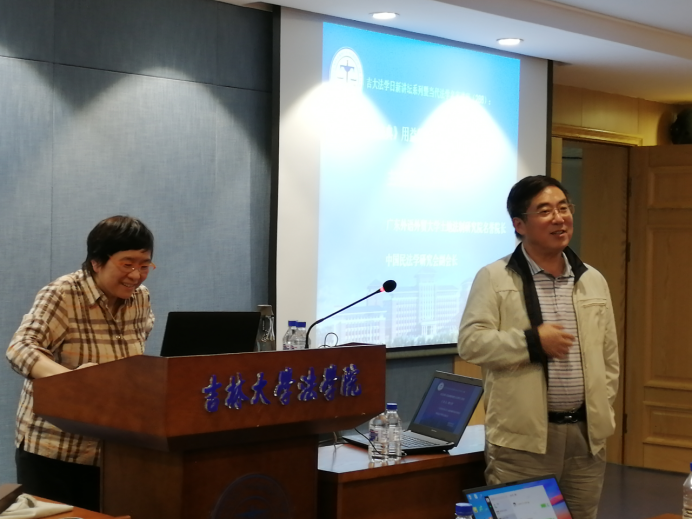
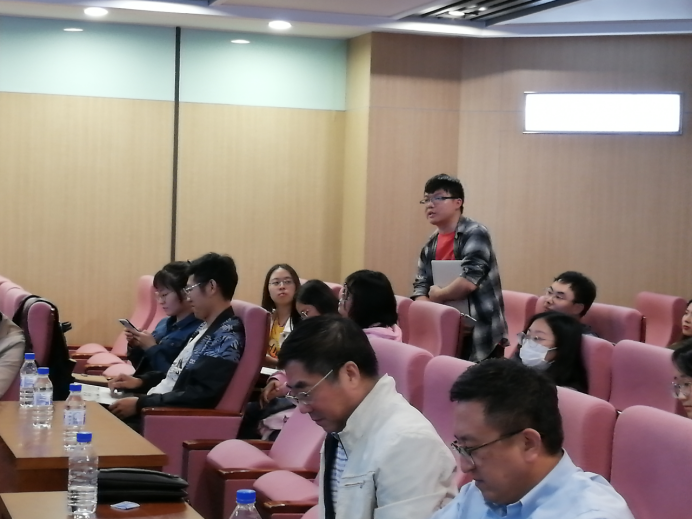
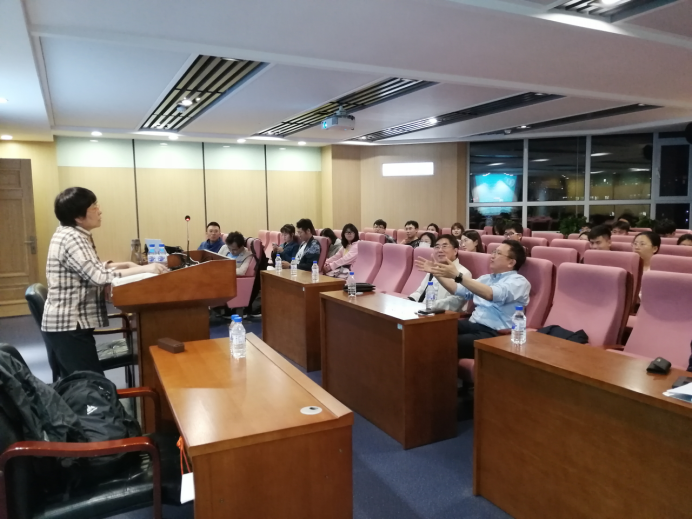
Professor Fang Shaokun talked about his opinion on the topic. There are many problems on land issues in real life, some of which may be solved theoretically. But when it comes to realistic factors, those problems are likely to become complicated. For example, who is the owner of collective ownership? In reality, there are limited number of disputes over the right to second residence, and these problems may be solved through the lease and ownership system. The promulgation of the Civil Code does not mean that a perfect legislative system is established.